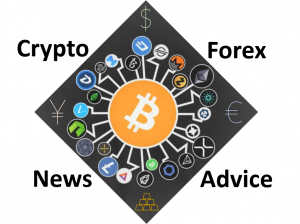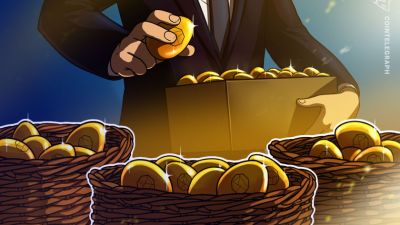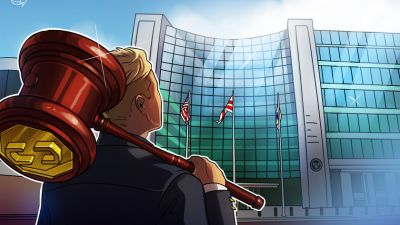
Hong Kong lays out welcome mat for exchanges, Korean crypto lender contagion, Do Kwon banged up abroad, Bank of China’s Ethereum debt note.
Hong Kong lays out the red carpet for crypto exchanges
While some jurisdictions (cough: America) have adopted a regulation-by-enforcement approach toward crypto, others are doing the opposite. According to a June 15
Bank of China mints debt notes on Ethereum
On Jun. 12, BOCI, the investment banking subsidiary of Bank of China, revealed the tokenization of 200 million Chinese Yuan ($28 million) in digitally structured notes on the Ethereum blockchain. The move is reportedly the first act of a Chinese financial institution tokenizing a security in Hong Kong. The notes are governed by both Hong Kong and Swiss law as per their origination by the Swiss investment bank UBS. Ying Wang, deputy CEO at BOCI, commented:
“Working together with UBS, we are driving the simplification of digital asset markets and products, for customers in Asia Pacific through the development of blockchain-based digital structured products. We are encouraged by the evolution of Hong Kong’s digital economy and are committed to promoting the digital transformation.”
Previously, UBS had issued a $50 million tokenized fixed-rate note in Dec. 2022. Meanwhile, the government of Hong Kong issued an 800 million Hong Kong dollar ($100 million) tokenized green bond on Feb. 16, 2023, underwritten by four banks and priced with a yield of 4.05% per annum.
Do Kwon: In and out of jail
On June 15, The High Court of Montenegro in Podgorica ordered Terraform Labs CEO Do Kwon and CFO Han Chang Joon back to jail pending extradition proceedings to South Korea for charges relating to their role in the $40 billion collapse of the Terra Luna ecosystem.
Earlier this month, Kwon and Joon were released on 400,000 euros bail each in their ongoing passport fraud case after a Montenegrin Basic Court dismissed an appeal by prosecutors.
Their brief period out on bail was not a happy time either. During their respite from prison, South Korean prosecutors announced they would apply to freeze Kwon and associates’ $13 million held in Swiss bank accounts. A new hearing on charges of falsifying documents is scheduled for June 16 in the same Basic Court.
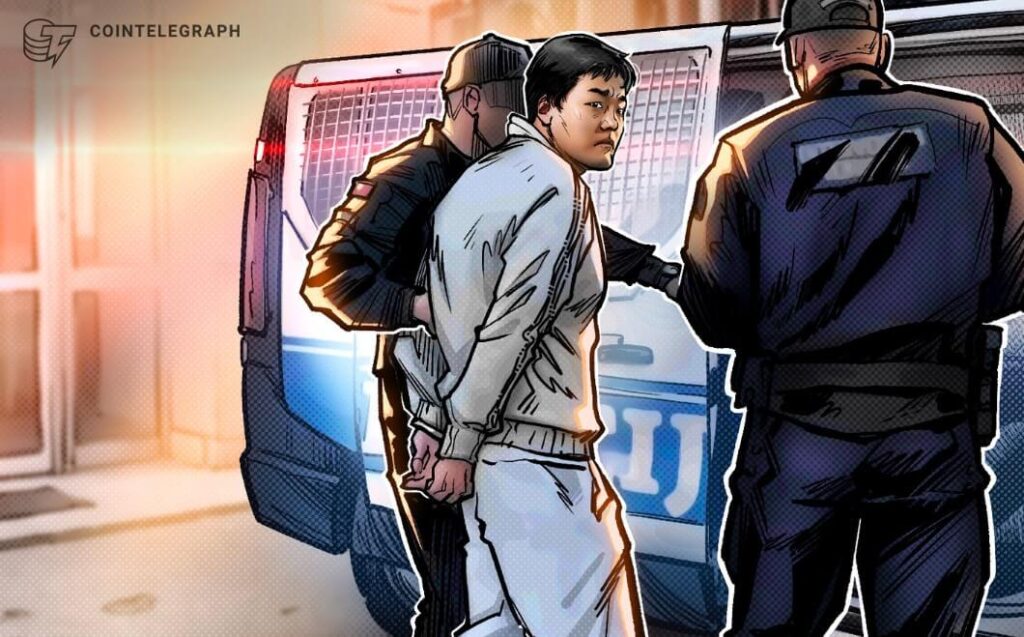
According to local sources, Kwon and Joon will be detained for a period of six months as the court decides on their extradition case. Kwon and Joon also face extradition to the U.S. on 11 charges relating to fraud, breach of trust, and embezzlement.
And if that wasn’t enough, there is yet another legal proceeding against Kwon. On June 16, Kwon will be questioned by the Special State Prosecutor’s Office for a letter he sent from detention to government officials, disclosing his connections with the leader of the Europe Now Movement (PES), Milojko Spaji.
According to the country’s National Security Council, Kwon and Spaji have been friends for five years, and last met in Belgrade in Dec. 2022. Investigators claim there is evidence of financing the PES campaign from Kwon’s laptop. If convicted, Kwon not only faces further jail time in Montenegro but could also serve up to 40 years in a South Korean prison, and even more jail time potentially awaits in the U.S.
Korean blockchain firms daisy chain contangion
On June 14, South Korean yield platform Haru Invest filed a criminal complaint against its consignment operator B&S Holdings, alleging “fraudulently provided management reports containing false information.”
Haru had paused deposits and withdrawals the day before, stating, “We have discovered through our internal inspection process that certain information provided by a consignment operator was suspected to be false.” Previously, concerned investors took pictures of allegedly empty corporate offices and accused the firm of orchestrating a “rug pull,” which Haru says is inaccurate.
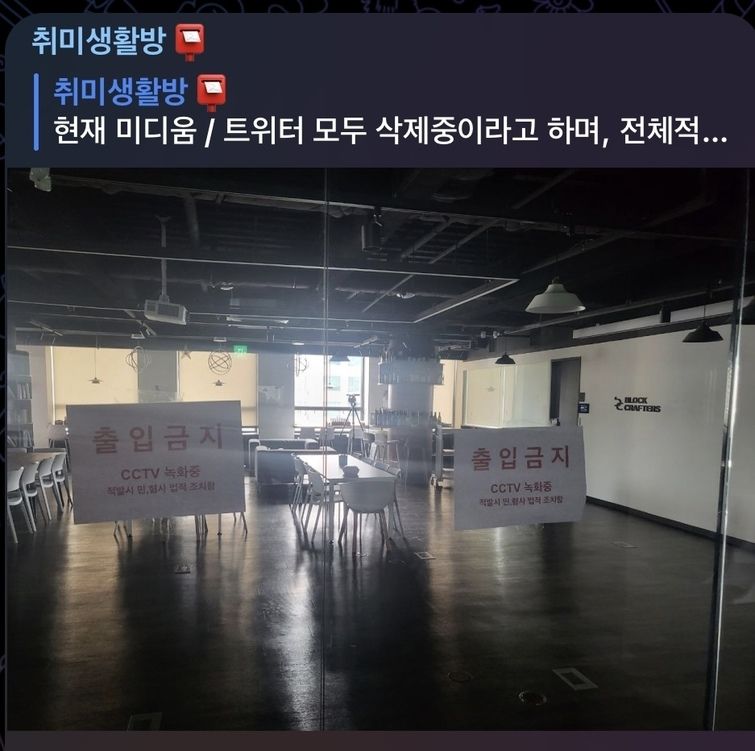
The move immediately affected South Korean Bitcoin lending firm Delio, which quickly announced the temporary suspension of customer withdrawals “in order to safely protect the assets of customers currently in custody,” citing issues at Haru Invest. Delio is one of the largest of such entities in South Korea, holding an estimated $1 billion in Bitcoin, $200 million in Ether, and $8.1 billion in altcoins.
A curious commentary regarding the matter came from Jun Du, the co-founder of cryptocurrency exchange Huobi Global, who wrote:
“With the detonation of Delio, the thundering of
lending platforms is basically over.”
However, Du warned that contagion related to centralized trading platforms, which started with FTX, is just the beginning. “Not only the newcomers are confused, but also the OGs in the industry. When will the thundering of the black box of centralized crypto entities end?” the former blockchain executive asked, while also expressing his doubts on whether the industry will witness a “slump” or be “ushered into a new bull market” after such issues are resolved.
Last year, Huobi co-founders Jun Du and Leon Li reportedly sold 100% of their stake in the exchange to an entity controlled by Chinese blockchain personality and Tron founder Justin Sun. The latter claims that the exchange is now profitable after a period of reorganization, which by the way, included crushing an employee revolt.

